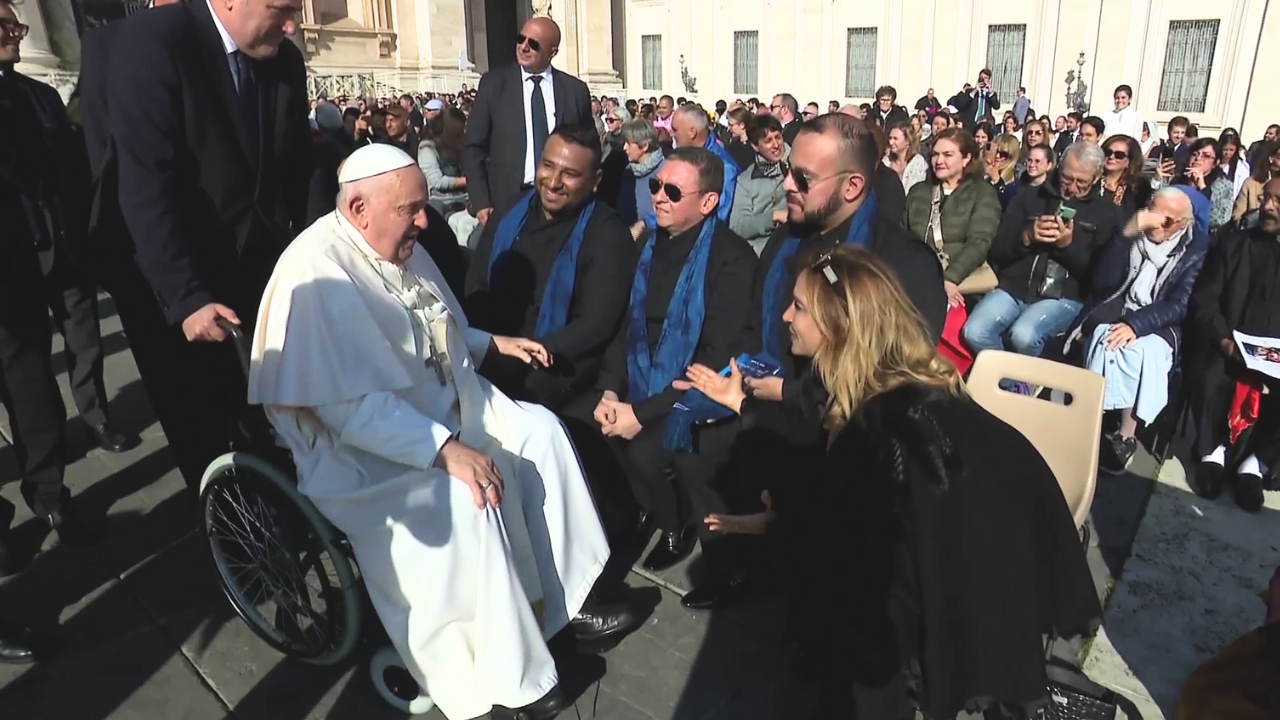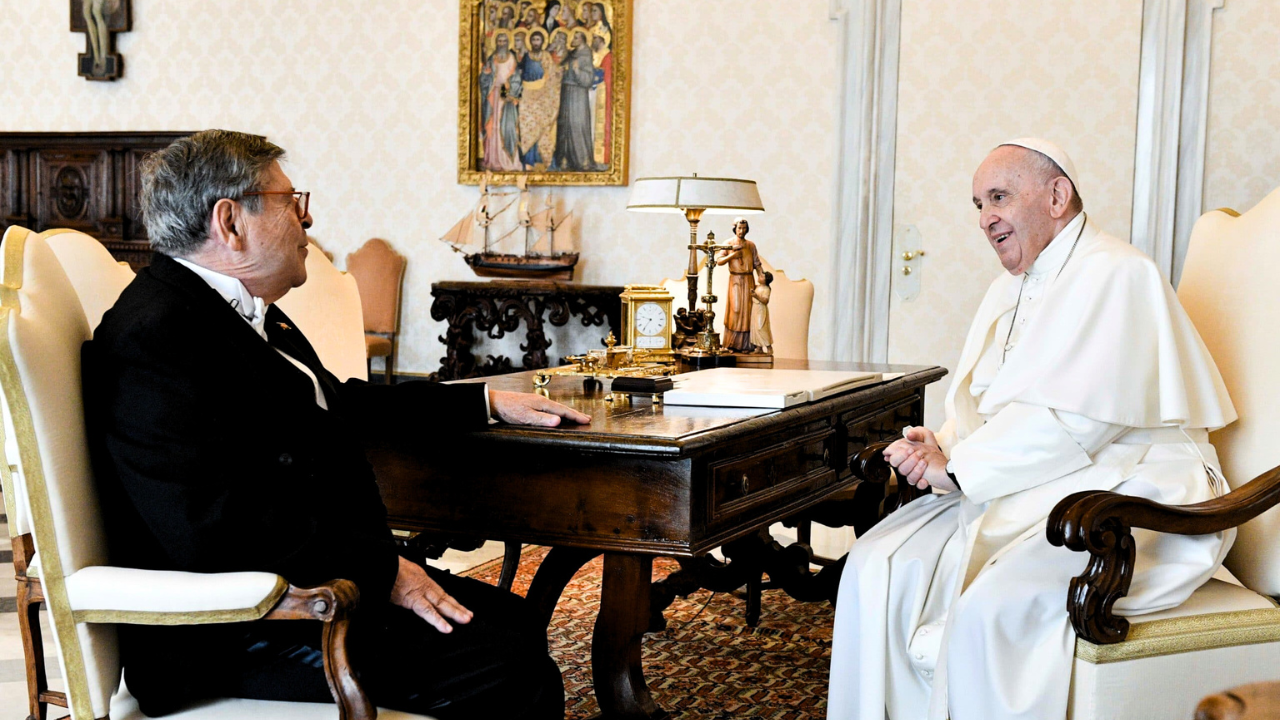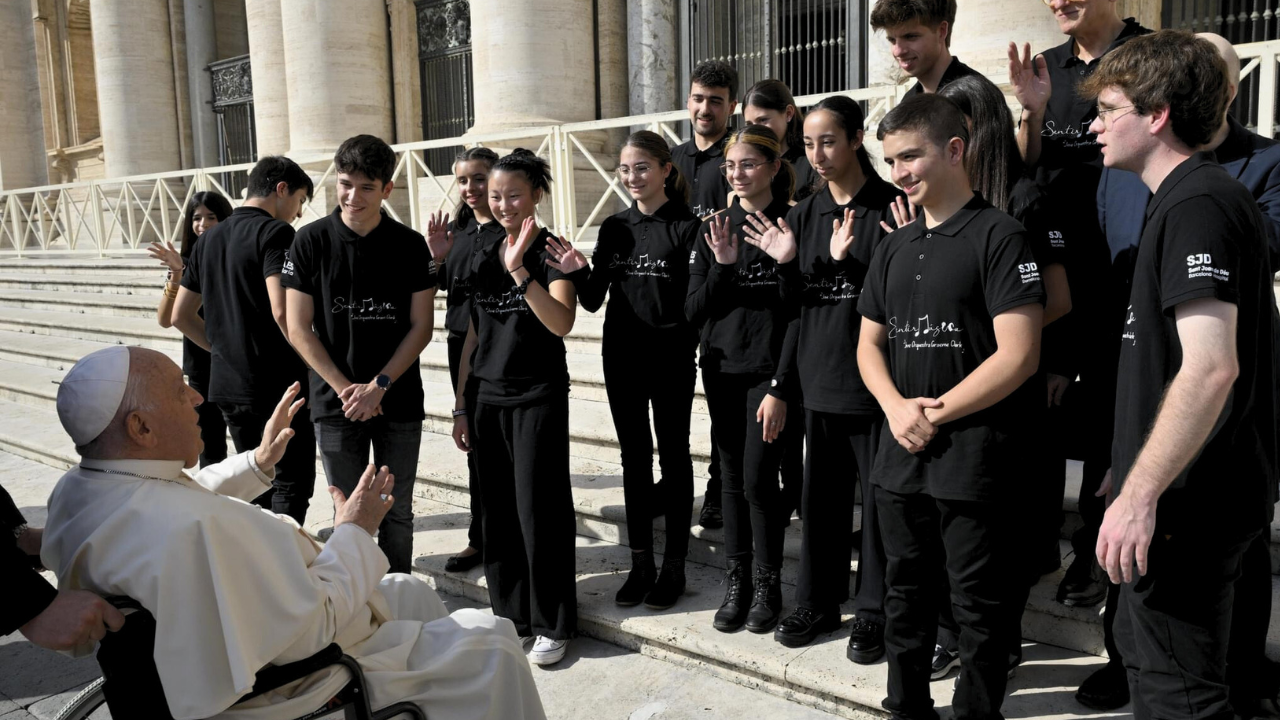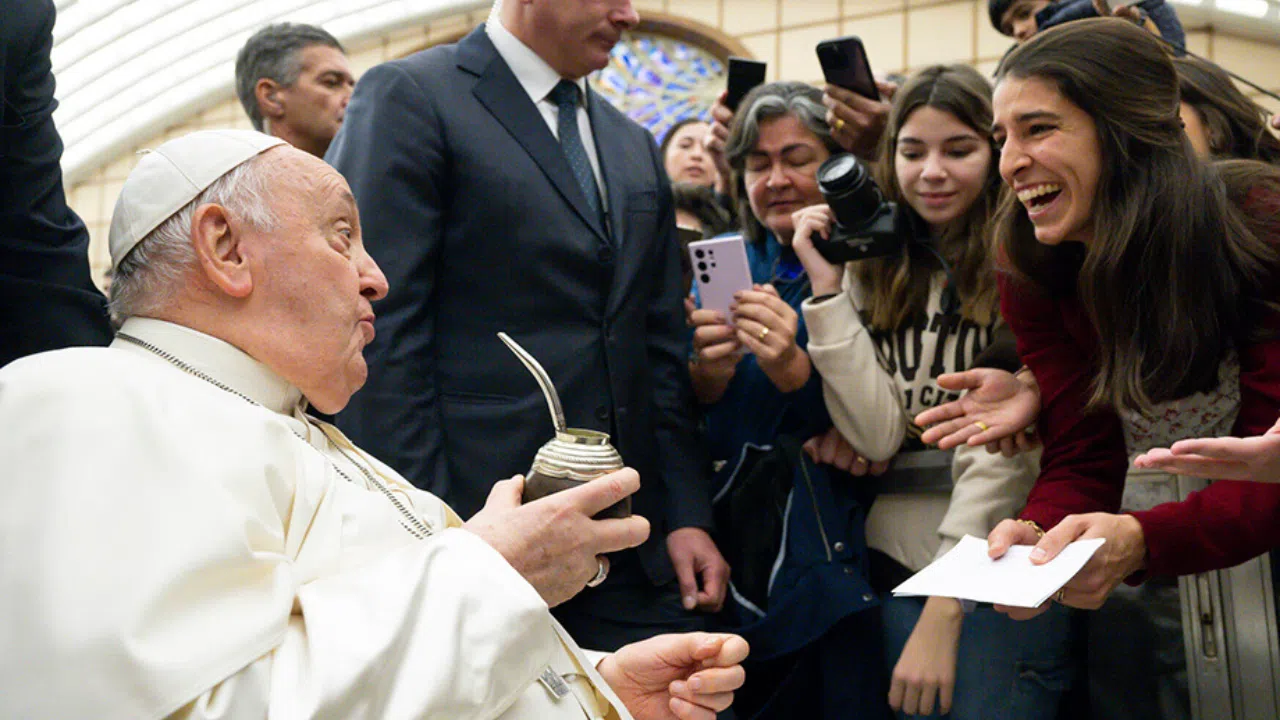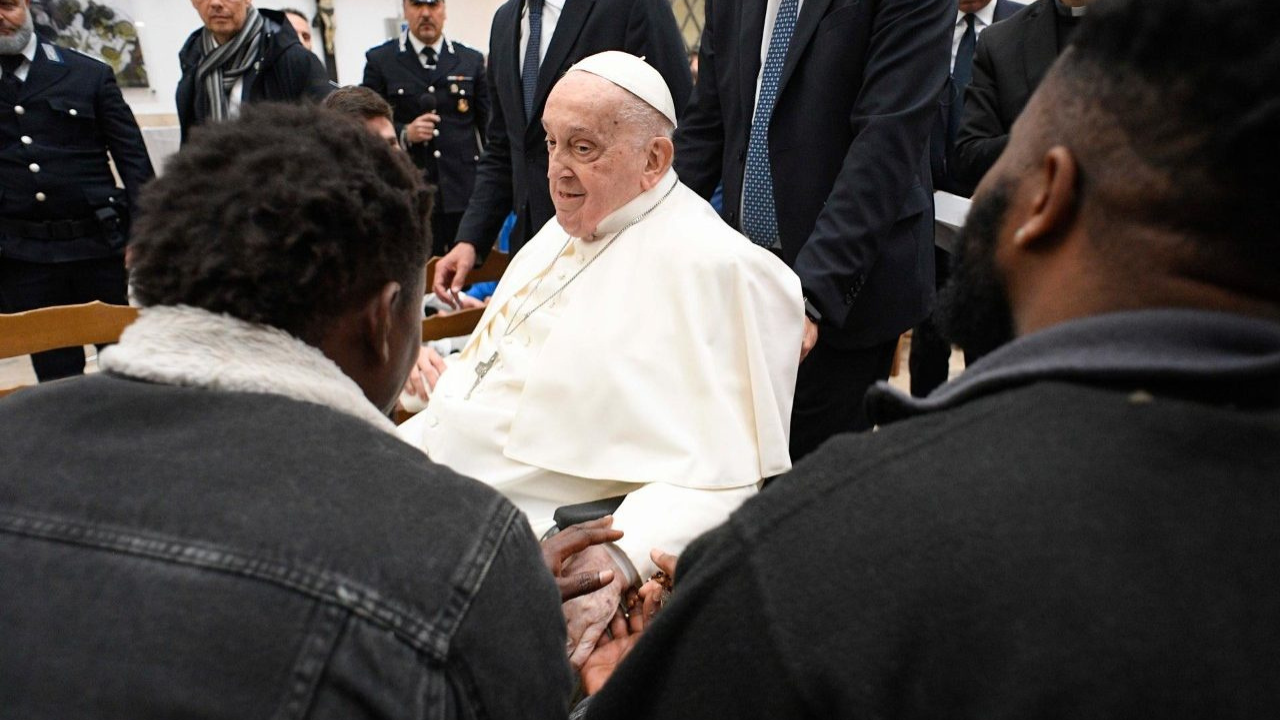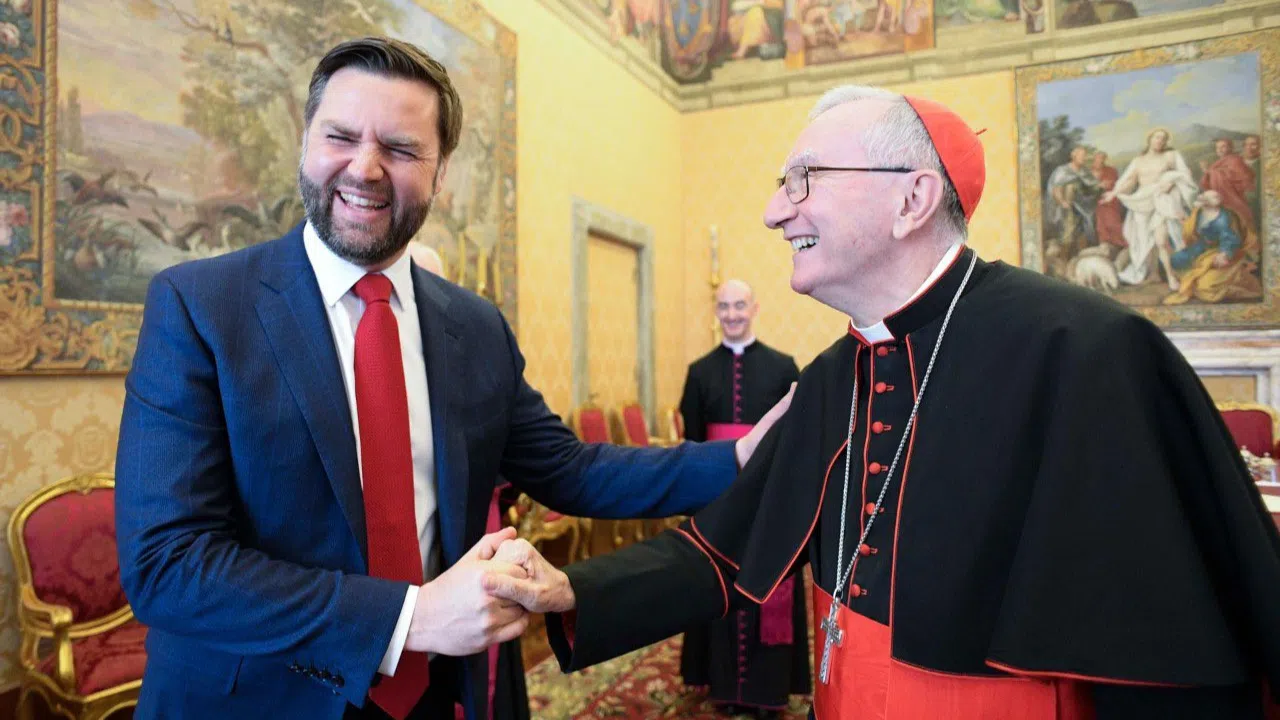Genetic manipulation, which until now only took place with food, is now possible in humans. Additionally, there are electronic devices that can improve intellectual capacities and put an intense ethical debate on the table.
ANDERS SANDBERG
University of Oxford
“So one idea I've been researching a fair bit is what I call 'a whole brain emulation.' That you scan a human brain and create a software replica. This has a lot of advantages. You can get backup copies, you don't have to age, you can transmit yourself over the internet, you could download yourself into suitable bodies…”
Professor Anders Sandberg, from the University of Oxford, affirms Nanotechnology and Medicine are looking to 'enrich' a human being with scientific advances. In fact, it is already considered a reality.
ANDERS SANDBERG
University of Oxford
“I think enhancing bodies is something we already do as part of medicine. The border between the therapy, prevention and enhancement is already very blurred.”
Some scientists believe this type of human enhancement can be morally positive.
JULIAN SAVULESCU
University of Oxford
“The possibility of gene editing means that in the future, it may be possible to change people's moral dispositions. For example, removing psychopathy at the stage of the embryo.”
Faced with this type of practice and research there is a risk of seeing man reduced to cells and genes.
ELENA POSTIGO
Francisco de Vitoria University
'They talk about human improvement in biophysical terms. Meanwhile the human being is better or can be improved in a much more integral dimension. This is physical, yes, but also moral, spiritual and social.'
Above all, it provides the option of extending a life that, in many cases, would not make sense.
JANE A. DRIVER
Harvard Medical School
“I think the main ethical challenge is helping older people who, in a culture like ours in the United States, often feel undervalued or like a burden, helping them find meaning and peace in their final years of life.”
Scientists, jurists, philosophers and theologians debated about transhumanism in a congress organized in Madrid by the University of Comillas and the Tatiana Pérez de Guzmán el Bueno Foundation.






